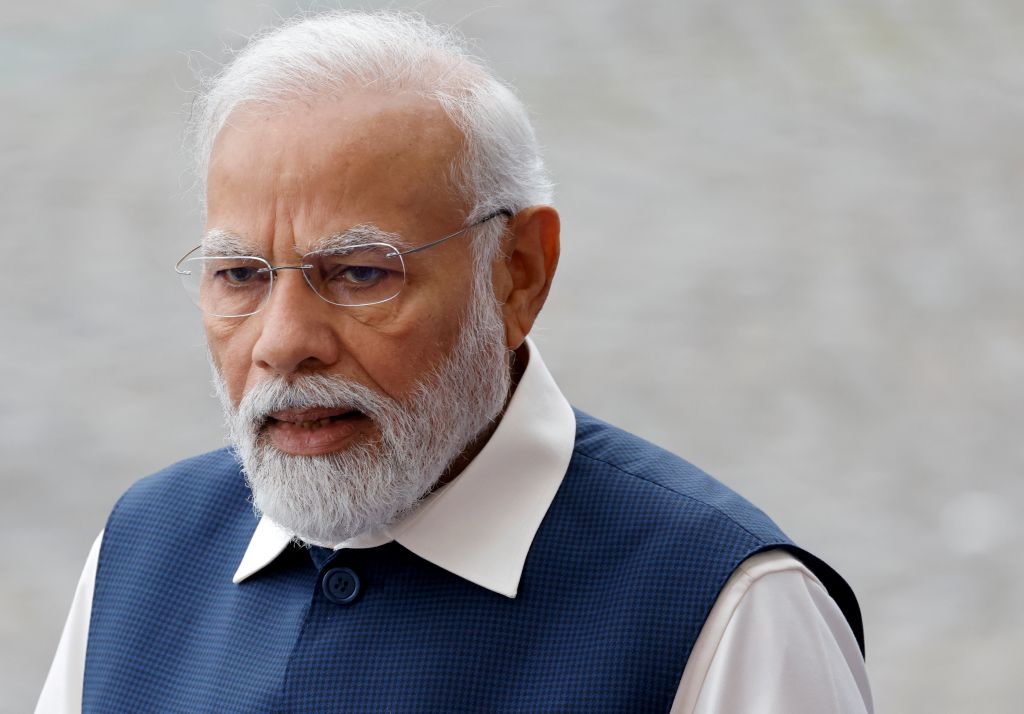- Sunday, April 27, 2025
Two of the bills will replace some British-era criminal laws.

By: Shubham Ghosh
THE Narendra Modi government of India on Wednesday (20) passed three key criminal bills even as several opposition members of the parliament remained suspended in the ongoing winter session.
The three bills include the Bharatiya Nyaya Sanhita Bill to replace the Indian Penal Code 1860, Bharatiya Sakshya Adhiniyam Bill to replace the Indian Evidence Act of 1872 and the Bharatiya Nagarik Suraksha Sanhita Bill in place of the Criminal Procedure Code of 1973.
The three bills were first taken up for passage on Tuesday (19), hours after 49 opposition parliamentarians were suspended from the Lok Sabha or Lower House of the parliament over their protests seeking a statement from home minister Amit Shah on the security breach in the parliament on December 13.
On Wednesday (20), the debate was stopped for a few minutes as parliamentary affairs minister Pralhad Joshi announced that two more MPs were suspended.
The total number of opposition MPs who have been suspended since December 14 now stands at 143.
The debate saw the participation of MPs from the ruling Bharatiya Janata Party (BJP) led by prime minister Narendra Modi and those from friendly parties such as Biju Janata Dal, Rashtriya Lok Janshakti Party and the YSR Congress Party, who supported the legislation.
Only MPs from parties such as All India Majlis-e-Ittehadul Muslimeen (AIMIM) and the Shiromani Akali Dal expressed concerns about the bills, suspecting that they would put in place in a “police state”, giving the government unbridled power.
Former minister Harsimrat Kaur from the Akali Dal, which was once an ally of the BJP, also raised concerns over the absence of opposition during her speech and said the laws will give “unbridled powers to the police” and lead to an authoritarian state. She also said that powers were being given without “checks and balances”.
“These arbitrary powers are against liberty, democracy, dissent and opposition. Here is a living example that such an important Bill is being discussed, which should be in a fair and transparent manner with everybody allowed to air their views, and here there is only the ruling party and a handful of us opposition who are being allowed to say what we want,” she said, the Wire reported.
Another Akali Dal MP Simranjit Singh Mann also said it was an “undemocratic practice of debating these Bills because the opposition is not present.”
“They are also unconstitutional; again, because the opposition is not present and I propose that these Bills come up when the whole opposition is present and it is properly debated.”
AIMIM MP Asaduddin Owaisi also opposed the bills and said that they would give more power to the police and the government in the name of bringing in reforms.
“If Bhagat Singh and Mohandas Karamchand Gandhi were alive, they would say that this is the Rowlatt Act. The government has to answer who are the actual successors of Macaulay,” he said.